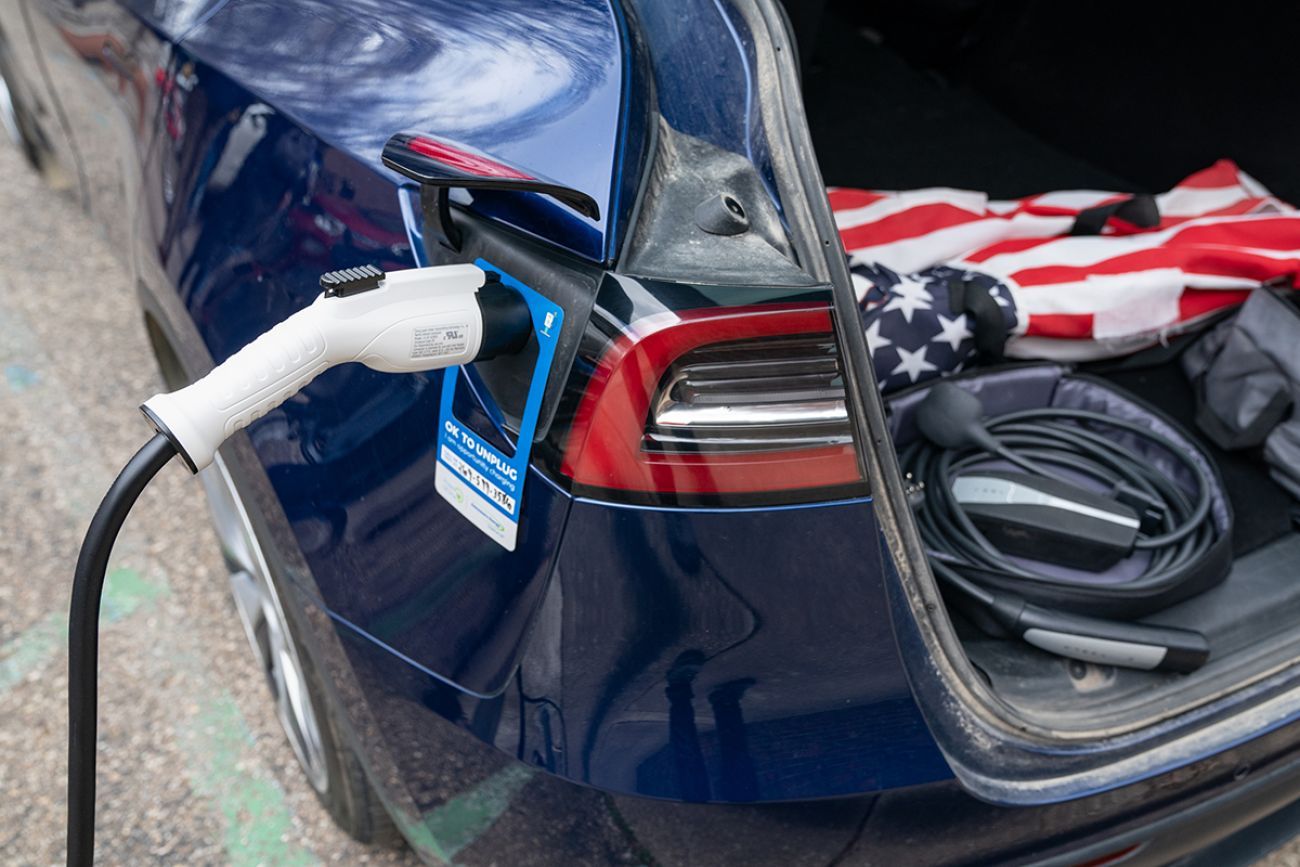Michigan’s largest utilities, Consumers Energy and DTE Energy, are ramping up efforts to expand the state’s electric vehicle (EV) charging infrastructure, aiming to support the growing demand for clean transportation. Consumers Energy announced plans to build 1,500 public fast chargers by 2030 as part of its new Transportation Electrification Plan, while DTE Energy has its initiatives to increase charger accessibility and affordability across the state. These expansions come as Michigan struggles to meet its EV infrastructure goals, with the state far behind its 2030 target of 100,000 publicly accessible chargers.
Michigan currently has fewer than 3,400 public charging ports, a small fraction of the 100,000 chargers the state estimates are needed by 2030 to support 2 million EVs on the road. Of the existing chargers, only about 780 are fast chargers capable of refueling a car in minutes. Consumers Energy’s commitment to add 1,500 more fast chargers by 2030 is a significant step toward bridging this gap.
DTE Energy, which filed a similar plan earlier this year, aims to install 620 public fast chargers by 2028. Both companies are offering rebate programs to encourage businesses, municipalities, and property owners to invest in new charging stations, particularly in areas with limited existing infrastructure.
“We know electric vehicles are good for the planet and they’re a good experience for drivers,” said Lauren Snyder, Vice President of Customer Experience at Consumers Energy. “We also know we’re taking the right steps to speed up Michigan’s EV transformation in a way that helps the grid and lowers costs for everyone.”
Utilities have a vested interest in supporting EV infrastructure. As part of their clean energy goals, Michigan’s utilities are mandated to transition to renewable energy sources and prepare for the increased electricity demand that will come with widespread EV adoption. Consumers Energy’s Clean Energy Plan, for instance, aims to eliminate coal as a power source by 2025 and achieve net-zero carbon emissions.
Investing in EV chargers also makes financial sense for utilities. Increased EV charging, especially during off-peak hours, drives higher electricity consumption, helping spread infrastructure maintenance costs across a larger customer base and potentially lowering rates. “There’s a strong business case in a lot of ways,” said Brian Wheeler, spokesperson for Consumers Energy.
DTE Energy has allocated $145 million toward EV educational programs and charger rebates, which will help install 19,300 chargers from 2025 through 2028, including 1,040 direct current fast chargers (DCFCs) for public, transit, and school use.
Despite these efforts, Michigan still faces a long road ahead to meet its EV charging goals. An influx of $110 million in federal funds, allocated through the National Electric Vehicle Infrastructure (NEVI) program, is expected to alleviate some of the pressure. However, at an average cost of $134,000 per plug, the funds are projected to add only around 800 charging points statewide, far from the tens of thousands needed.
The rollout of the NEVI program has been slow nationwide, with only 11 new power stations built across seven states in the three years since Congress allocated $5 billion to boost EV infrastructure. None of these are in Michigan, highlighting the need for more aggressive action at both state and federal levels.
“The trend of rising EV adoption is going to continue,” said Wheeler. “And that’s not just going to drive Consumers Energy to be involved. You’re going to see a point where it’s going to happen more with retailers, gas stations, and other private investors.”
With the average range of EVs expanding and charging times decreasing, Michigan’s utilities are preparing to adapt their strategies to future demands. Consumers Energy is set to roll out next-generation fast chargers powered by on-site batteries, which can be installed faster and take advantage of low-cost electricity from the grid during off-peak hours. These initiatives are designed to build consumer confidence and encourage more people to switch to electric vehicles by reducing the fear of running out of charge on the road.
DTE Energy’s efforts include increasing accessibility for Michigan businesses and families, with some programs covering the full cost of charger installation, making it easier for more locations to offer charging options.
As Michigan pushes to transform its transportation sector, expanding the EV charging network remains a critical step. While the current pace of charger installations lags behind what’s needed, the commitments from Consumers Energy and DTE Energy represent significant progress. If Michigan can continue to attract private investment and leverage federal funds, the state could see its EV infrastructure catch up to the ambitious goals set for 2030.

